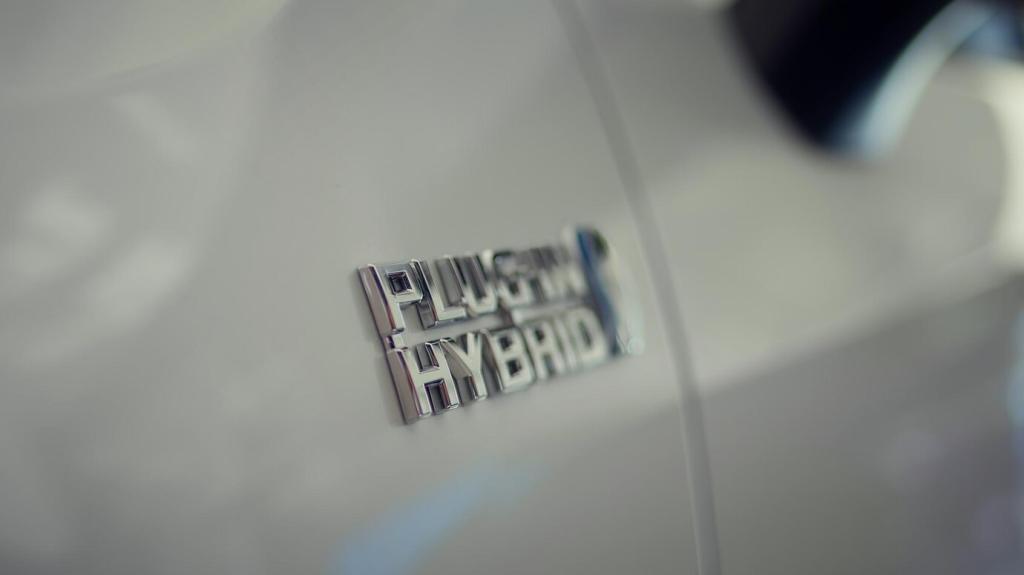
The Future of Eco-Conscious Product Development
Theme for today: Future of Eco-Conscious Product Development. Join us as we explore how bold design, responsible materials, transparent data, and community momentum are reshaping the way products are imagined, made, used, and loved. If this vision resonates, subscribe and tell us which sustainable shift you want to see accelerated.
Signals Shaping Tomorrow’s Sustainable Design
Designers are moving beyond make‑use‑discard toward loops that prioritize reuse, repair, and remanufacture. Modular components travel through many lives, while services replace single transactions with ongoing stewardship. Share how you’ve extended a product’s life, and what tools or incentives helped you keep valuable materials in motion.



Data-Driven Sustainability: Measuring What Matters
Bringing lifecycle assessment early into concept sprints reveals hotspots before they calcify into costly constraints. Screening LCAs guide direction; deeper studies validate trade‑offs later. How do you integrate quick assessments without slowing creativity? Share templates, tools, and rituals that keep momentum high and impact low.
Supply Chains Built for Transparency
Material passports, batch IDs, and verified certificates give each component a story. That history informs recycled content claims, labor practices, and maintenance guidance. If you piloted traceability on a tricky material, share what documentation satisfied stakeholders and which steps added friction you later removed.
Sourcing is design. When teams treat labor standards and community impact like weight or cost, creativity flourishes within meaningful boundaries. Tell us about a project where ethical sourcing changed your geometry, finish, or vendor selection, and how users responded to a product that felt genuinely responsible.
No single company owns a product’s footprint; suppliers hold crucial data. Collaborative data sharing unlocks real reductions rather than optimistic averages. How did you encourage partners to participate—shared targets, anonymized benchmarks, or long‑term contracts? Post the incentives that built trust without exposing secrets.

Software, Services, and the Invisible Footprint
Efficient algorithms, carbon‑aware scheduling, and right‑sized infrastructure cut emissions while improving performance. Even small refactors reduce energy at scale. If your team trimmed compute by pruning features or caching smarter, share the before‑and‑after story so others can replicate the gains and celebrate the craft.

Stories from the Lab: Prototypes with Purpose
A mid‑sized cosmetics team replaced glossy laminates with sturdy refill cartridges and local wash hubs. Breakage fell after a hinge redesign, and customers loved the ritual of refilling. Would your audience embrace refills? Test a micro‑pilot, measure return friction, and share what signage or incentives truly moved the needle.


Stories from the Lab: Prototypes with Purpose
An office furniture startup built a desk that snaps together with recyclable clips. Assembly time dropped, shipping packs shrank, and repairs became weekend‑friendly. The team learned color variability from recycled content can be a feature, not a flaw. If you’ve embraced visible variation, show how you framed it as character.
Set a North Star and Baselines
Write a single, memorable commitment—like designing for repair within ten minutes using common tools—and measure where you stand today. Public baselines energize teams, not just executives. Share your North Star in the comments, and we’ll compile examples others can adopt or adapt with credit.
Build Cross-Functional Green Guilds
Invite engineers, designers, ops, marketing, and customer support to a recurring, short forum that swaps experiments and roadblocks. Small wins compound when everyone sees the same map. What cadence keeps your guild lively? Offer your agenda outline so other teams can borrow it and report back improvements.
Invite Your Community into the Loop
Customers often know where waste hides. Launch a feedback channel for repair pain points, refill ideas, or material allergies, and reward the best suggestions. Ask readers to subscribe and submit one eco‑improvement request this week. We will spotlight standout ideas and track their journey into production.
